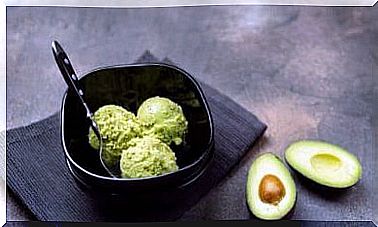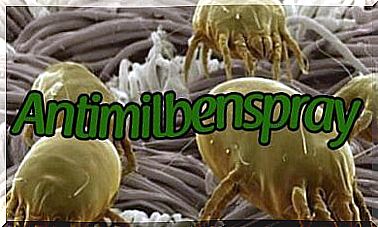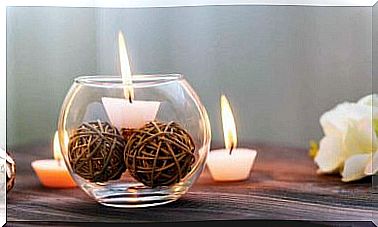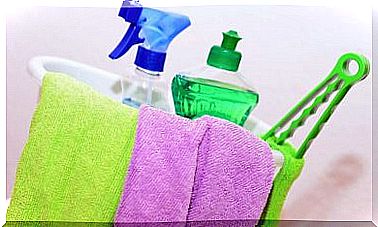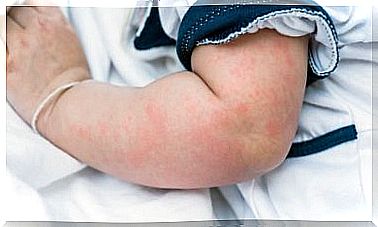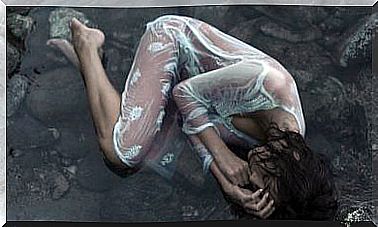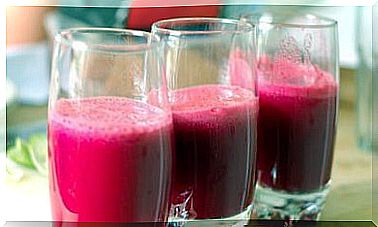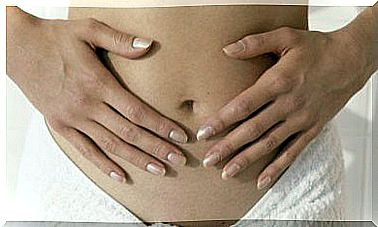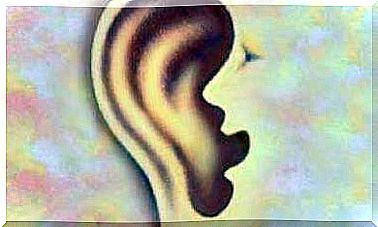The Best Diet For Gallstones
It is very important that you drink 2.5 to 3 liters of water per day and stick to your diet if you suffer from gallstones. However, if you take medication but do not correct your diet, you will not solve the basic problem.

If you have gallstones, it is especially important to watch your diet, which should consist mainly of low-fat foods. Avoid fried foods, oils and sausages. At the same time, you should increase your consumption of water, fruits, and vegetables.
All of these will help reduce symptoms such as abdominal pain or discomfort as diet is an essential part of recovery. At the same time, however, it should not replace the clinical treatment your doctor has prescribed for you. It could include medication to help relieve your symptoms.
What are gallstones?
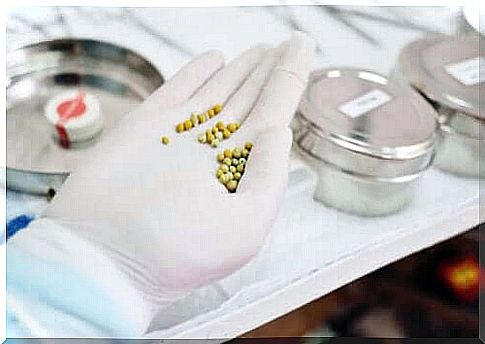
The manifestation of gallstones is a common problem. Gallstones are solid particles that form in the gallbladder and are caused by the crystallization of bile.
The gallbladder is a small organ that, along with the pancreas and liver, is responsible for producing digestive enzymes and bile to digest fats. Gallstones prevent the gallbladder from doing its job, preventing all foods from being easily digested.
Others believe that gallstones can be caused by bad eating habits. Excessive consumption of high-fat foods forces the liver to secrete more bile. For this reason, it is important to control what you eat to prevent gallstones from occurring and also to relieve your symptoms.
The best nutrition for patients suffering from gallstones
It is very important that you drink 2.5 to 3 liters of water a day and strictly adhere to your recommended diet if you have gallstones. If you take medication and do not correct your diet, you will not solve the basic problem.
Make a set schedule for five to six meals a day, taking into account the following:
- Don’t eat more than four pieces of fruit a day.
- Have three main meals and two to three snacks.
- Have your breakfast shortly after you get up; ideally before an hour after getting up
- Don’t let more than four to five hours pass between meals
- If it takes more than three hours from dinner to bedtime, you should have a snack between meals (in the morning or in the afternoon).
Allowed foods
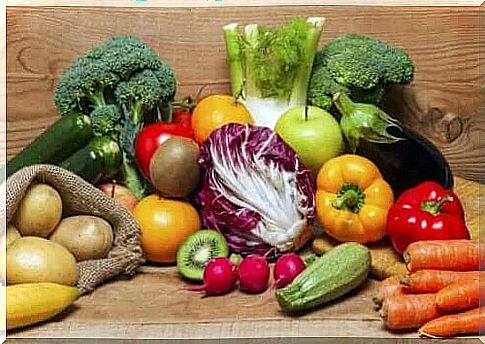
You should eat foods that are high in water and have little or no fat, such as:
- Fruits, except coconut, avocado, and acai berries.
- Vegetables in general, but especially cooked ones, as they make digestion easier.
- Whole grain products like rice, pasta, and whole grain bread.
- Low-fat, cooked, or grilled meats such as skinless chicken, fish, and turkey.
- Water and fruit juices
In addition to eating these foods , it is also important to grill or steam them as these are the cooking methods that do not add fats to the foods.
Prohibited foods that shouldn’t be included in the diet for gallstones
High fat foods such as the following are prohibited:
- Whole milk, cottage cheese and yogurt
- Yellow cheeses, like parmesan
- Butter and other animal fats
- Fatty meat like ribs, sausages, or duck or goose meat
- Offal such as the liver, heart or kidney
- Oil seeds such as walnuts, chestnuts, almonds and peanuts
- Chocolate, cookies, puff pastry, meat broth, ready-to-serve sauces and mayonnaise
- Alcoholic drinks
- Sugary products
- Carbonated drinks
Why is it important to limit fat intake from gallstones?
The problem with when a person with gallstones ingests fats is that bile is a substance that the gallbladder produces. Their function is to mix with the fats in the intestines to absorb them. So when the affected person ingests fats , their gallbladder is stimulated to release bile, which only causes more pain and discomfort.
With this in mind, it’s important to remember that people with gallstones should consult a nutritionist so that they can tailor a meal plan to suit their needs. Get advice from your doctor!
